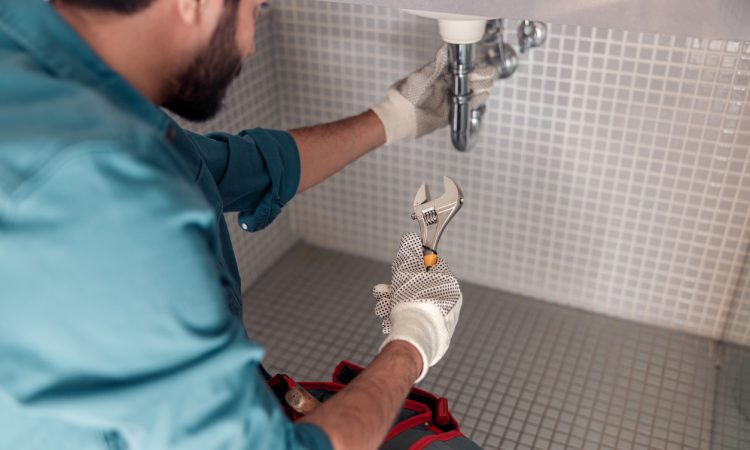|
Getting your Trinity Audio player ready...
|
A question I occasionally come across in my career coaching work is: “What if I don’t want to have a work purpose? What if I just want to be happy at my job, take care of my family, have a few holidays and save up enough money for a decent retirement. What’s wrong with that?”
For those asking this question, I want to say that I get it. I hear what you are saying, I feel your pain, I can relate …
But those wonderfully empathetic responses would be a lie. My most honest response is: “It’s too late, you already have one.”
If you have a job or run a business, you have a purpose. Sometimes it is to be happy at that job, to take care of your family, to have a few holidays and to save up enough money for a decent retirement. There is nothing wrong with that. Sometimes the job you are in does not meet all those criteria for you, so you are looking for another job that you would be happier in, or would make more money, or get more holidays, or have a better retirement plan. Absolutely nothing wrong with that either.
But if you are working, it is helpful to be aware of what the purpose and outcomes of your job is for your employer. The purpose of most jobs is to make the employer money. The outcomes are infinite: to make 800 trillion hamburgers, SUVs, sugar drinks, financial plans, etc.
“If you have a job or run a business, you have a purpose.”
If your job meets your work purpose of happiness, family, holidays, retirement, etc., and the outcomes produced by that job align with the person you intend to be, then all is well – you are contributing to making what you see as positive change in the world.
However, if your current job meets your work purpose but does not align with that person you intend to be, you, my friend, are in trouble. You have a mission statement, a sense of who you intend to be. Whether you have allowed yourself to be aware of it or not, you have intrinsic values and hopes. Should the outputs or outcomes of your work conflict with those values and hopes, you will pay the price with stress and conflict in your professional and personal life.
So, what can you do if you find yourself in this position? First, become aware of your Personal Mission Statement. When you take away the negative tradeoffs and labels that you have accumulated, what kind of person do you want to be? If your purpose for working is to achieve the goals listed at the beginning of this article, then make sure that what you are producing in your job aligns with that mission statement. This will ensure that the work area of your life is contributing to your overall satisfaction.
There is another level. If you desire meaningful, fulfilling work or there is something specific you want to “fix” in the world, you require a more specific statement of contribution as your work purpose statement. If you are unable to come to terms with why people go hungry or without shelter, or why we don’t have a cure for diabetes, or why most coffee shops are bland and sterile – that needs to be part of your mission statement. If your work purpose becomes a cause that you strongly believe in or feel compelled to solve, deliver or create, then you are embarking on The Hero’s Journey* and searching for the “holy grail” of work purpose.
This approach is a heroic journey based on the concept that each of us contains something unique to contribute to the world. And we all have a different deadline as to when that will be delivered. Some will work with purpose their entire careers; others will work toward purpose for most of their careers and others will ignore the concept altogether.
The irony is that many will abandon working on purpose because they “just want to be happy,” in spite of the growing research showing that purpose and happiness are strongly linked. My hope is that you – or your clients – will begin your new career path with the intention to be on purpose and to get clearer on that purpose as your career develops.
*Joseph Campbell (The Hero’s Journey). A brilliant American scholar and researcher who discovered that each of the many cultures he investigated had a version of a heroic journey he described as: “A hero ventures forth from the world of common day into a region of supernatural wonder, fabulous forces are there encountered and a decisive victory is won: the hero comes back from this mysterious adventure with the power to bestow boons on his fellow man.” The concept of basing one’s livelihood on contributing to one’s culture is universal.




